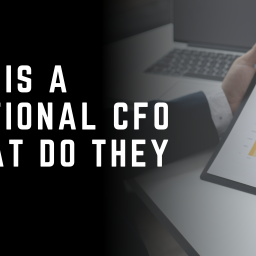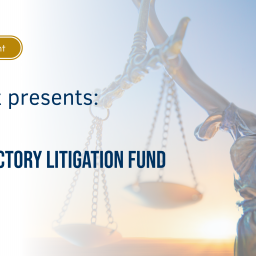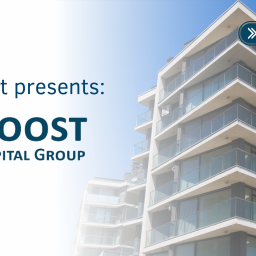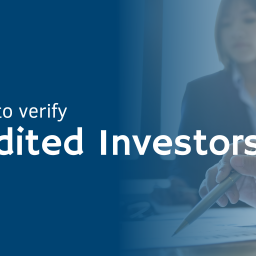
Why You Should Consider Fundraising Under Rule 506(c)
The Localvest platform is designed to help you raise capital faster. Our SaaS tool is easy for both issuers and accredited investors to use and understand. At Localvest, we also want to make it easy for you to understand the different ways you can raise capital for your business. Today’s post is designed to inform you about the benefits of fundraising under rule 506(c) and why you should consider this specific option for your capital raise.
What is Rule 506(c)?
Rule 506(c) under Regulation D of the Securities Act of 1993 gives private issuers an exemption to registering securities with the Securities and Exchange Commission. Registering securities is an expensive and laborious process so exemptions save issuers time and money. That’s the short answer.
Here’s the detailed answer. Another term for raising capital to start a business or fundraise for a real estate deal, for example, is issuing securities. If your issuance meets the U.S. government’s definition of a security, or passes the Howey test, you are required to register all offers and sales of these securities, even if to just one person, with the U.S. Securities and Exchange Commission (SEC) or conduct all offers and sales under an exemption from registration. Regulation D in the Securities Act of 1993 is the section that defines the different types of security registration exemptions. Two popular exemptions under Regulation D are Rule 506(b) and 506(c).
What is the difference between Rule 506(b) & Rule 506(c)?
The difference between Rule 506(b) and Rule 506(b) is easy to understand.
Rule 506(b) allows private issuers to sell securities to raise an unlimited amount of capital to accredited investors and up to 35 non-accredited investors.
Rule 506(c) allows private issuers to sell securities to raise an unlimited amount of capital to a larger audience through the act of general solicitations (i.e. widespread advertising on social media, webpages, television, radio, etc.). Issuers can only sell securities to accredited investors who can verify their accreditation. Verifying investor accreditation status is the issuer’s responsibility.
The Pros & Cons of Fundraising as a 506(c)
Knowing which rule is the right exemption for you is more complicated to understand. Please consult an experienced lawyer for advice.
In the meantime, here’s why we think raising capital under 506(c) is more advantageous:
- It saves you time & money.
Publicly advertise and quickly promote your capital raise in a cost-effective way.
- It expands your network.
Advertising becomes a mechanism for diversification, allowing you to meet investors outside of your personal and professional network.
- It allows you to share your deal on Localvest.
We’re the number one platform for military veteran issuers and investors!
- It allows you to share your Localvest deal tile on other platforms.
Post a link to your Localvest deal tile on your website and other social media channels.
In the words of Marvel Comics, “with great freedom comes great responsibility.” This concept is actually really helpful for understanding fundraising requirements under Rule 506(c): with great freedom to advertise your deal comes great responsibility to verify investor accreditation.
At Localvest, we believe the need to verify investor accreditation, commonly perceived as a limitation, works to your benefit for three reasons. First, verifying investor accreditation is easier than you think! Second, You’ll likely raise capital faster. By definition, an accredited investor has a net worth of at least $1M in investable assets whereas a non-accredited investor earns less than $200K per year. Finally, from a legal liability perspective, accredited investors are deemed “sophisticated” so, if your deal goes south in a worst-case scenario, the law may be more likely to rule in your favor.
In summary, fundraising under rule 506(b) or 506(c) are both good options, however, 506(c) may help you raise capital faster while saving you time and money in the long run.
Disclaimer: This blog post is intended for informational purposes only. Localvest does not offer legal advice or suggest a guaranteed outcome. Individual situations differ and laws change. Please consult an experienced lawyer for 506(c) consideration.
Still unsure about the best way to raise capital for your business?
Schedule a call with our team today. We’d love to answer your questions and discuss how the Localvest platform can help you raise capital faster.














